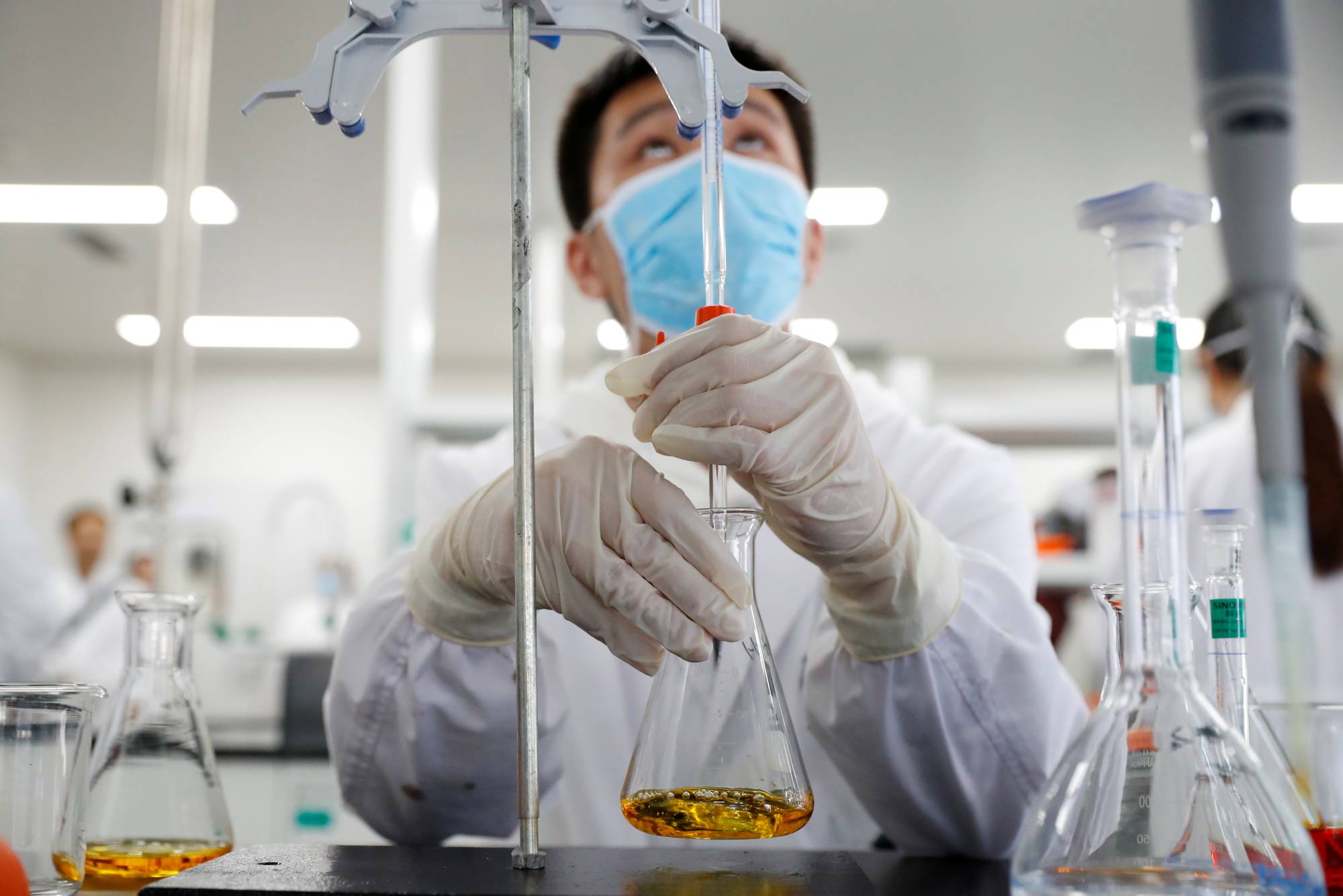Throughout October, I moderated a series of discussions on “game-changing technologies” that examined their significance and role in the Japan-U.S. alliance. The conversations were wide-ranging and eye-opening, as participants included some of the sharpest experts from the two countries’ public and private sectors. (The three public panels will be online — check the Pacific Forum website — when they are edited.)
Especially riveting was the discussion of biotechnology. It is perhaps the least understood of the game-changing technologies despite being one of the most important. When most people think about biotech, drugs, genes or some such come to mind. That’s old think. Picture instead biological advances combined with other technologies — AI, nanotech or robotics. This year’s Nobel Prize for Chemistry reflected this new reality. It was awarded to Jennifer Doudna and Emmanuelle Charpentier for their work on the CRISPR/Cas9 genetic scissors, one of gene technology’s most important tools. As the Nobel committee explained, these scissors allow “researchers to change the DNA of animals, plants and microorganisms with extremely high precision. This technology has had a revolutionary impact on the life sciences, is contributing to new cancer therapies and may make the dream of curing inherited diseases come true.”
Difficult as it is to understand this field now, it will get exponentially harder as researchers incorporate other technologies to drive innovation. Sarah Sewall and Michael Vickers, two former U.S. defense officials now working to fund startups, write that “the evolution of biotechnology is perhaps the nation’s most consequential technology opportunity and risk ... synthetic biology will literally transform our world.”


















With your current subscription plan you can comment on stories. However, before writing your first comment, please create a display name in the Profile section of your subscriber account page.